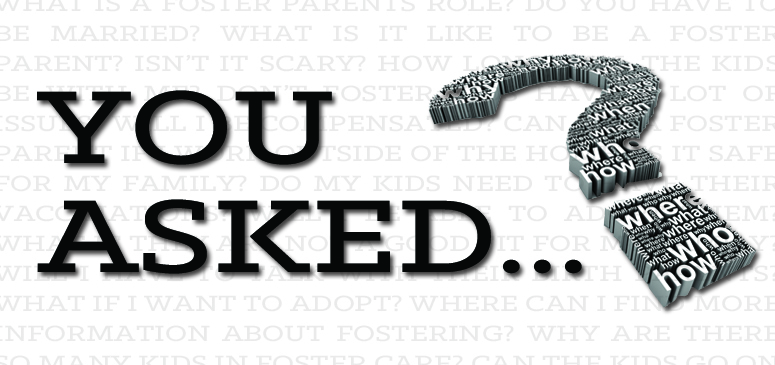As we celebrate America’s independence and our personal rights that have come because of that historic day, it seems appropriate to talk about what personal rights look like for kids in foster care. One of the hard realities I have found in general is how little rights kids have. The same is true in foster care. All kids have the right to be safe. They have the right to be informed and to advocate for themselves when they are able. This I am grateful for. I am also grateful for those who work so hard to be a voice for these kids; the foster parents, CASAs, GALs, Case Managers, etc. But, the reality remains the rights of others continue to trump the rights of the minors in care. They do not have a say in when they will have visits, how long they will be in care, or even what happens with their case. Their future is dependent on the decisions of their birth parents and those responsible to oversee their case.
We speak regularly about the important role advocates play in the lives of these kids and will continue to do so. Without adults listening to their concerns and desires and helping to be their voice in the system, kids often miss out on taking advantage of the rights they do have. Kids need people in their lives that are 100% behind them. Just them. People that are looking at the picture through the lens of the child; gathering information, speaking to others, all for the sake of bringing up the volume for others to hear the voice of the child because…their voice matters.
If you are interested in becoming an advocate for these kids…
you can foster: https://fosterarizona.org/foster-adopt/ or
you can become a CASA: http://www.voicesforcasachildren.org/
Below is a complete list of rights kids in foster care have:
ARIZONA DEPARTMENT OF ECONOMIC SECURITY
Division of Children, Youth and Families
You, as a child in foster care, have the right to:
- Live in a place that provides the amount of supervision and guidance that you need without restricting you from normal activities.
- Live in a safe, healthy and comfortable home where your caregivers speak the same language as you, show respect for you, protect you from harm, give you personal privacy, healthy food and clothing, allow you to have personal possessions (as long as they don’t offend your caregiver) and enough space to store all of your things.
- Know why you are in foster care and what will happen to you, your siblings, and family. You also have the right to help create your “case plan” and receive a copy of the plan.
- To have visits with your family while you are away from home, with any restrictions explained to you in a way you can understand.
- Receive guidance that helps you learn to develop and maintain self-control, self-reliance, self-esteem and good conduct.
- Go to community, school, and religious services and activities of your choice, as agreed to by your caregivers, and to receive an education that fits you best.
- Learn how to take care of your personal hygiene and grooming.
- Have contact information for your caseworker, attorney and advocate, speak with them in private if necessary, and attend court hearings and speak to the judge.
- Have your records and personal information kept private and only given to people who need the information in order to take care of you.
- Have necessary medical, mental health, or chemical dependency treatment, and to be free of unnecessary or excessive medication.
- To contact the Arizona Protection and Advocacy System for Disability Assistance at center@azdisabilitylaw.org or by calling (800) 922-1447 or (800) 927-2260. The Arizona Center for Disability Law is a protection and advocacy system that makes sure the rights of persons with disabilities are protected by investigating reports of abuse and neglect and violations of the rights of persons with disabilities.
- Receive a copy of these rights, and to report a violation of these rights without fear of punishment. To report a violation, you may contact your CPS Specialist, your GAL/attorney or speak to the Judge in court.
If you are at least sixteen years of age you also have the right to:
- Attend life skills training and participate in activities that allow you to practice these skills.
- A transition plan that includes career planning and assistance with enrolling in an educational or vocational job training program.
- Be informed of educational opportunities before you leave foster care.
- Assistance in obtaining a place to live when you are ready to leave foster care.
- Request a court hearing to determine if you can consent to your own medical care
- Receive help with obtaining a driver license, Social Security number, birth certificate, or state identification card.
- Receive personal information within thirty days after leaving foster care including your birth certificate, immunization records, and education and health information.
Thank you for your great question! If you have questions, send them to #youaskedfa or Kim@fosteraz.com
